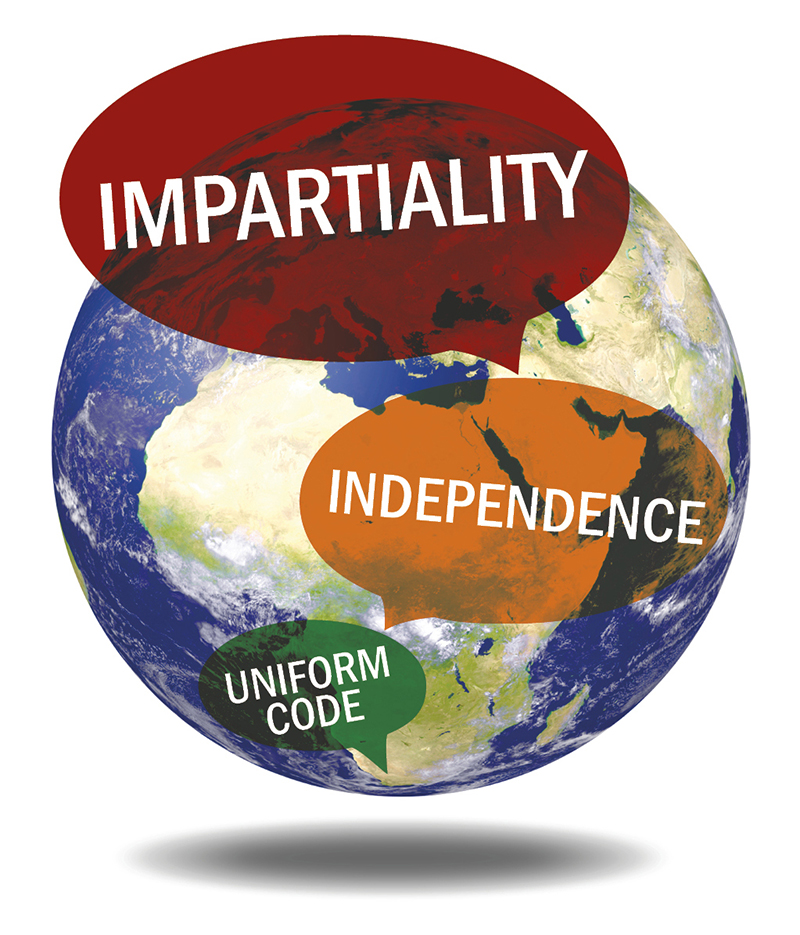
In the first of two leading articles, Khawar Qureshi QC puts ethics in international arbitration under the spotlight
This two-part article provides a summary of the rules and guidelines applicable to both arbitrators and counsel in international arbitration, along with examples of how these rules and guidelines have been applied in practice, and considers whether further regulation is needed.
The term “ethics” in this article is defined broadly as the “rules of conduct recognised in respect to a particular class of human actions of a particular group”.
Given the international nature of arbitration, and the differing cultural or contextual expectations of parties, as well as counsel, some commentators reject the contention that a uniform code of “ethics” can be applicable.
Nevertheless, precisely because some degree of uniformity is required to provide a measure of consistency and predictability (not to mention order), institutional rules which govern the arbitral process seek to define its parameters, while leaving the arbitrators with broad discretion to ensure that flexibility is maintained.
IBA
The International Bar Association





.tmb-mov69x69.jpg?sfvrsn=961ae4db_1)
95ca96e3d47f4eff8d147c4f0df17c77.tmb-mov69x69.png?sfvrsn=3db5d86b_1)

